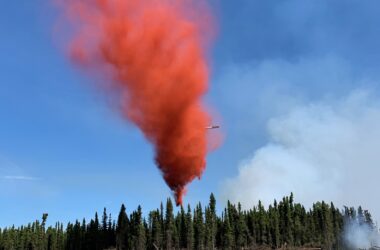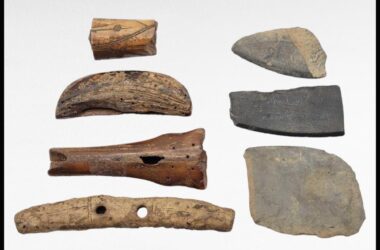The Soldotna City Council met on Wednesday, November 8th to discuss making some updates to an ordinance.
Commonly referred to as the “bed tax ordinance,” this would allow the City of Soldotna to add a 4% tax to all lodgings such as air b&b’s, hotels, motels, and inns. It would also place a $250 fine on any landlord who does not have a 4% tax increase on their lodgings.
Before the council discusses any potential amendments, they first heard from peninsula resident Joseph Kashi, who is in favor of the proposed amendment.
“We need a revenue stream for a 4% bed tax is $5.20 a day on the average amount that Aspen hotel mentioned last time we were here. That is not a deal breaker when you spend 1000s for airfare, car rentals, guides and everything else like that. It’s not a deal breaker but it definitely enhances the city’s revenue stream to help pay for these things,” said Kashi.
After Kashi voiced his opinion, it was brought back to the council, with some changes to be discussed.
According to Vice Mayor Lisa Parker, one concern that has been mentioned previously by other members of the public if how can the council ensure that all the revenue that is generated from the bed tax to be out towards only tourism.
Parker says that by renaming a section of the ordinance, it can ensure that all of those funds will only go towards the tourist enhancement fund, which would be overseen by the Parks and Recreation Advisory Board.
“I’ve identified in here the font the activities that it could be used for the visitor center, renovation and maintenance for the sports complex the field house Soldotna Creek Park for parks, trails, sports fields located within the city limits and it would only be for those things that are directly within the city limits,” said Parker.
The first amendment passed with all 6 members in favor.
The second amendment was brought up by an individual who requested further clarifications in regards to short terms rentals. It would add “not exceed 30 days or one month, whichever is shorter.”
“And this came up because as it was it was 30 days and sometimes February is 28 days sometimes February is 29 days. So this would further clarify that, whichever is shorter so that it’s not creating conflict and confusion,” said Parker.
The update passed with all members in favor.
The final amendments would coincide with the changes that were made previously (created a specified fund for generated revenue and 30 day policy), which both passed in all six members in favor.
The council will continue to hear more public opinions on the bed tax at the next scheduled meeting, which will be on December 13th, 2023. If it’s passed, the effective start date would be January 1st, 2024.






